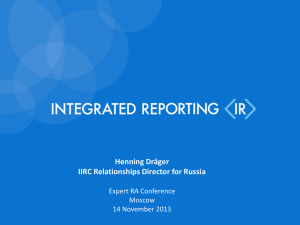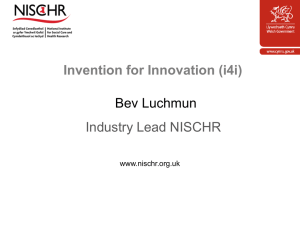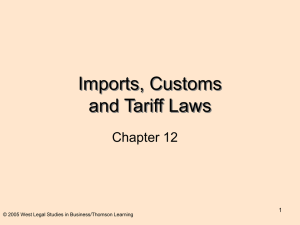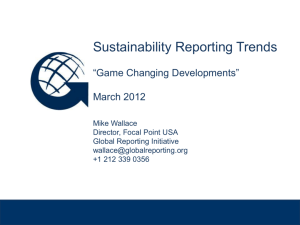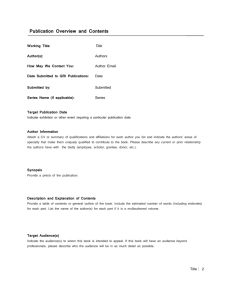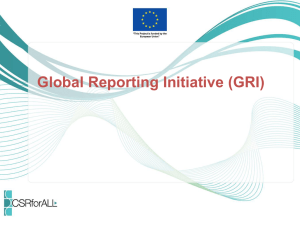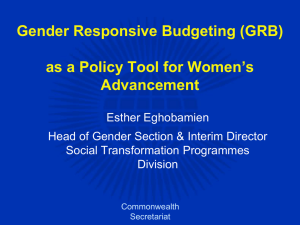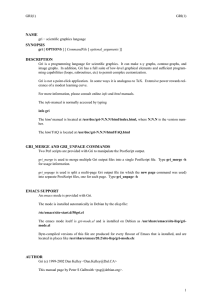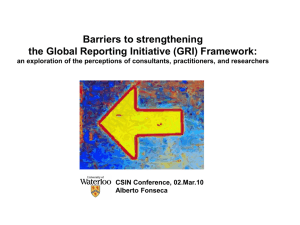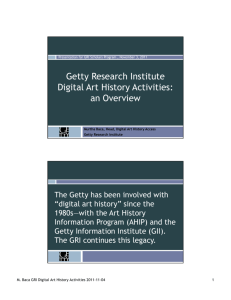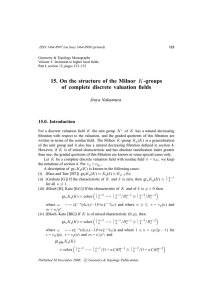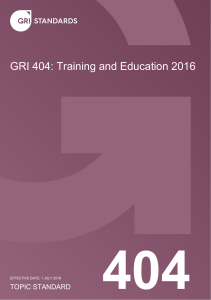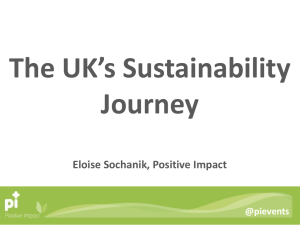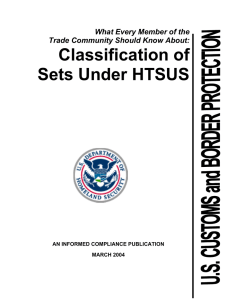Voluntary Reporting of "Negative" GRI Indicators: Insights from
advertisement
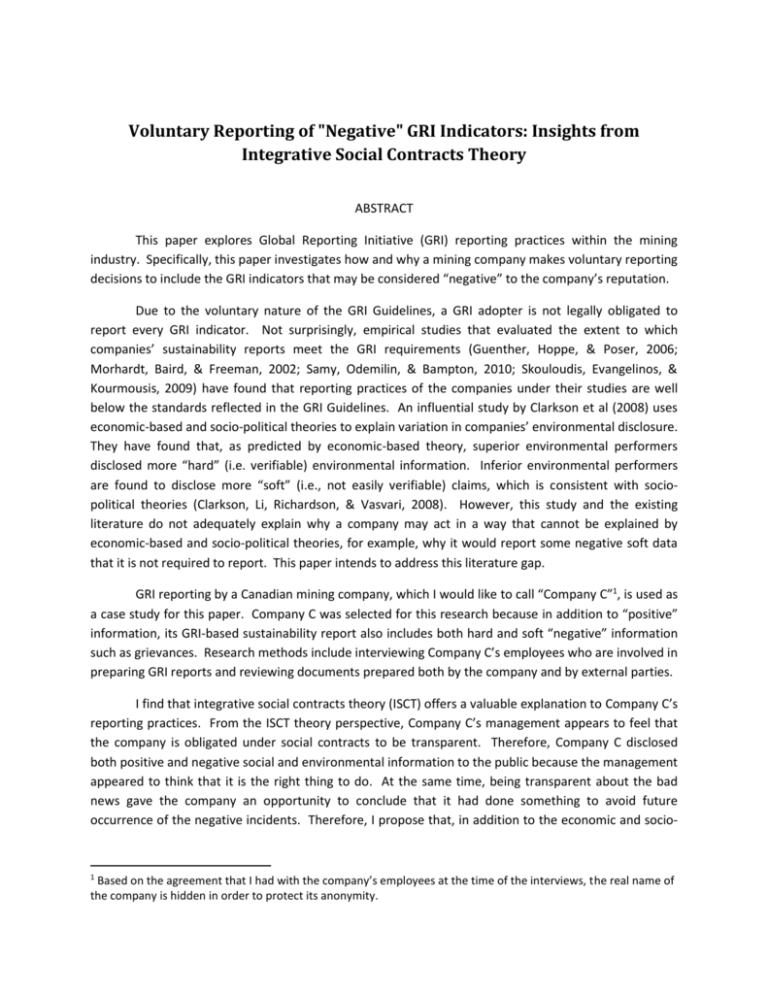
Voluntary Reporting of "Negative" GRI Indicators: Insights from Integrative Social Contracts Theory ABSTRACT This paper explores Global Reporting Initiative (GRI) reporting practices within the mining industry. Specifically, this paper investigates how and why a mining company makes voluntary reporting decisions to include the GRI indicators that may be considered “negative” to the company’s reputation. Due to the voluntary nature of the GRI Guidelines, a GRI adopter is not legally obligated to report every GRI indicator. Not surprisingly, empirical studies that evaluated the extent to which companies’ sustainability reports meet the GRI requirements (Guenther, Hoppe, & Poser, 2006; Morhardt, Baird, & Freeman, 2002; Samy, Odemilin, & Bampton, 2010; Skouloudis, Evangelinos, & Kourmousis, 2009) have found that reporting practices of the companies under their studies are well below the standards reflected in the GRI Guidelines. An influential study by Clarkson et al (2008) uses economic-based and socio-political theories to explain variation in companies’ environmental disclosure. They have found that, as predicted by economic-based theory, superior environmental performers disclosed more “hard” (i.e. verifiable) environmental information. Inferior environmental performers are found to disclose more “soft” (i.e., not easily verifiable) claims, which is consistent with sociopolitical theories (Clarkson, Li, Richardson, & Vasvari, 2008). However, this study and the existing literature do not adequately explain why a company may act in a way that cannot be explained by economic-based and socio-political theories, for example, why it would report some negative soft data that it is not required to report. This paper intends to address this literature gap. GRI reporting by a Canadian mining company, which I would like to call “Company C”1, is used as a case study for this paper. Company C was selected for this research because in addition to “positive” information, its GRI-based sustainability report also includes both hard and soft “negative” information such as grievances. Research methods include interviewing Company C’s employees who are involved in preparing GRI reports and reviewing documents prepared both by the company and by external parties. I find that integrative social contracts theory (ISCT) offers a valuable explanation to Company C’s reporting practices. From the ISCT theory perspective, Company C’s management appears to feel that the company is obligated under social contracts to be transparent. Therefore, Company C disclosed both positive and negative social and environmental information to the public because the management appeared to think that it is the right thing to do. At the same time, being transparent about the bad news gave the company an opportunity to conclude that it had done something to avoid future occurrence of the negative incidents. Therefore, I propose that, in addition to the economic and socio- 1 Based on the agreement that I had with the company’s employees at the time of the interviews, the real name of the company is hidden in order to protect its anonymity. political theories that are more often used in literature, insights from ISCT are instrumental in improving our understanding of the corporate non-financial reporting practices phenomenon. References Clarkson, P., Li, Y., Richardson, G., & Vasvari, F. (2008). Revisiting the relation between environmental performance and environmental disclosure: An empirical analysis. Accounting, Organizations and Society, 33(4/5), 303. Guenther, E., Hoppe, H., & Poser, C. (2006). Environmental corporate social responsibility of firms in the mining and oil and gas industries: Current status quo of reporting following GRI guidelines*. Greener Management International, (53), 7. Morhardt, J. E., Baird, S., & Freeman, K. (2002). Scoring corporate environmental and sustainability reports using GRI 2000, ISO 14031 and other criteria. Corporate Social Responsibility and Environmental Management, 9(4), 215-233. Samy, M., Odemilin, G., & Bampton, R. (2010). Corporate social responsibility: A strategy for sustainable business success. an analysis of 20 selected british companies. Corporate Governance, 10(2), 203. Skouloudis, A., Evangelinos, K., & Kourmousis, F. (2009). Development of an evaluation methodology for triple bottom line reports using international standards on reporting. Environmental Management, 44(2), 298.
